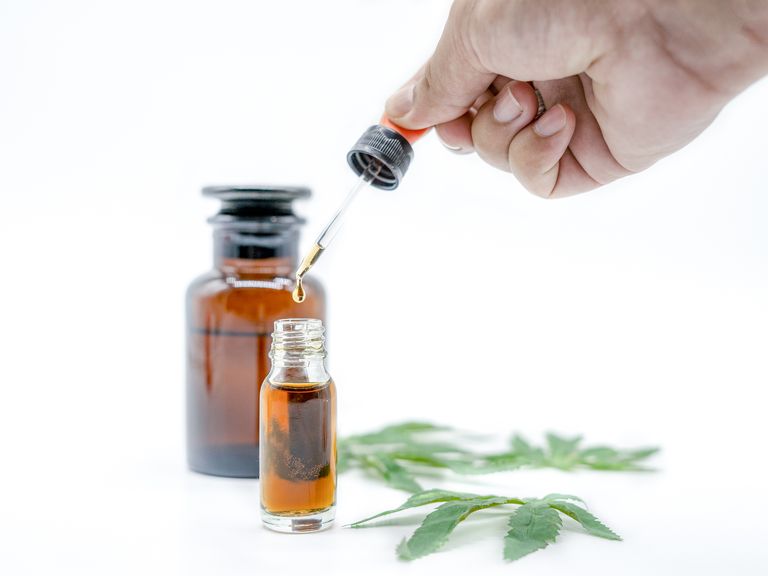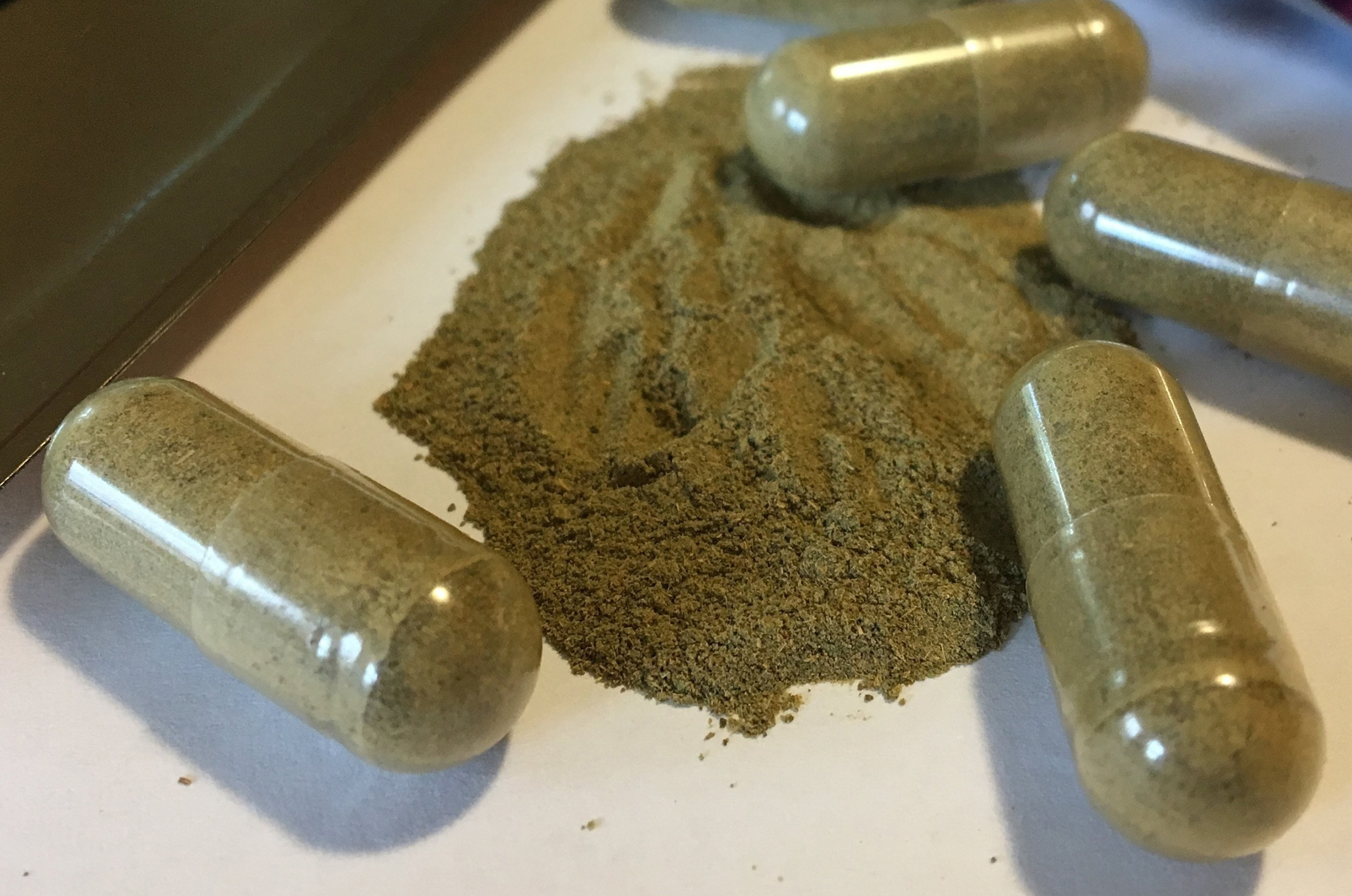While THC oil is commonly associated with enhancing sexual pleasure, emerging research suggests its potential therapeutic applications extend beyond the realm of sexual wellness. This investigation delves into the diverse therapeutic possibilities of thc lubricant, including its use in the treatment of medical conditions such as pelvic floor dysfunction and erectile dysfunction.
Therapeutic Potential of THC Lubricant:
Pelvic Floor Dysfunction:
Pain Management: THC, the psychoactive compound in cannabis, possesses analgesic properties that may help alleviate pelvic pain associated with conditions like pelvic floor dysfunction. When applied topically as a lubricant, THC can target cannabinoid receptors in the pelvic region, reducing inflammation and modulating pain perception.
Muscle Relaxation: THC lubricant may promote muscle relaxation in the pelvic floor muscles, which can become tense or hypertonic in individuals with pelvic floor dysfunction. By reducing muscle tension and spasms, THC lubricant may improve pelvic floor function and alleviate associated symptoms.

Erectile Dysfunction:
Vasodilation: THC has vasodilatory effects, meaning it can widen blood vessels and improve blood flow to the penis. When applied topically, THC lubricant may enhance penile blood flow, facilitating erections and improving erectile function in individuals with erectile dysfunction.
Anxiety Reduction: Anxiety and stress can contribute to erectile dysfunction by interfering with arousal and performance. THC lubricant’s anxiolytic properties may help reduce anxiety and promote relaxation, creating a more conducive environment for sexual activity.
Considerations for Clinical Use:
Dosage and Administration: Optimal dosage and administration methods of THC lubricant for therapeutic purposes require further investigation. Tailoring treatment approaches to individual needs and preferences, as well as considering factors such as tolerance and sensitivity to THC, is essential for optimizing therapeutic outcomes.
Safety Profile: While THC lubricant may offer therapeutic benefits, potential side effects and adverse reactions should be carefully considered. Monitoring for adverse effects such as irritation, allergic reactions, or psychoactive effects is important, particularly in individuals with a history of sensitivity to cannabis products.
Conclusion:
THC lubricant demonstrates promising therapeutic potential beyond sexual pleasure, particularly in the treatment of conditions such as pelvic floor dysfunction and erectile dysfunction. By harnessing its analgesic, muscle-relaxant, vasodilatory, and anxiolytic properties, THC lubricant may offer new avenues for managing symptoms and improving quality of life for individuals with these medical conditions. However, further research is needed to validate its efficacy, safety, and optimal clinical use in diverse patient populations.


